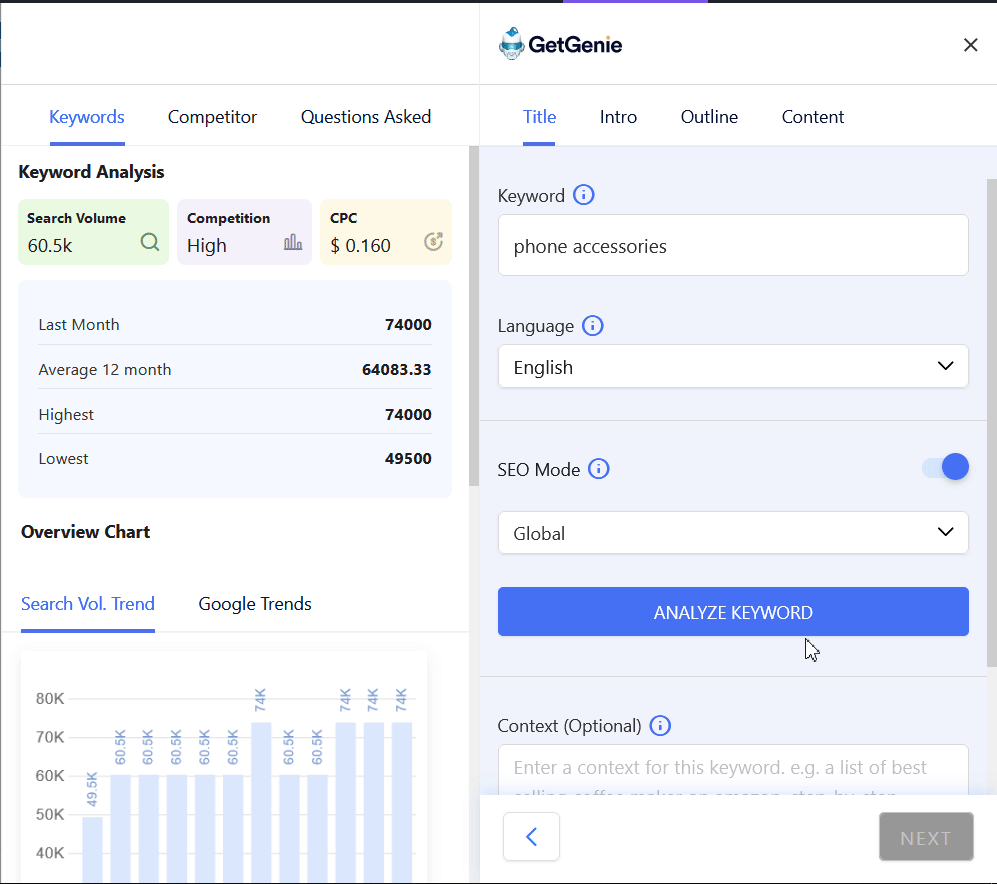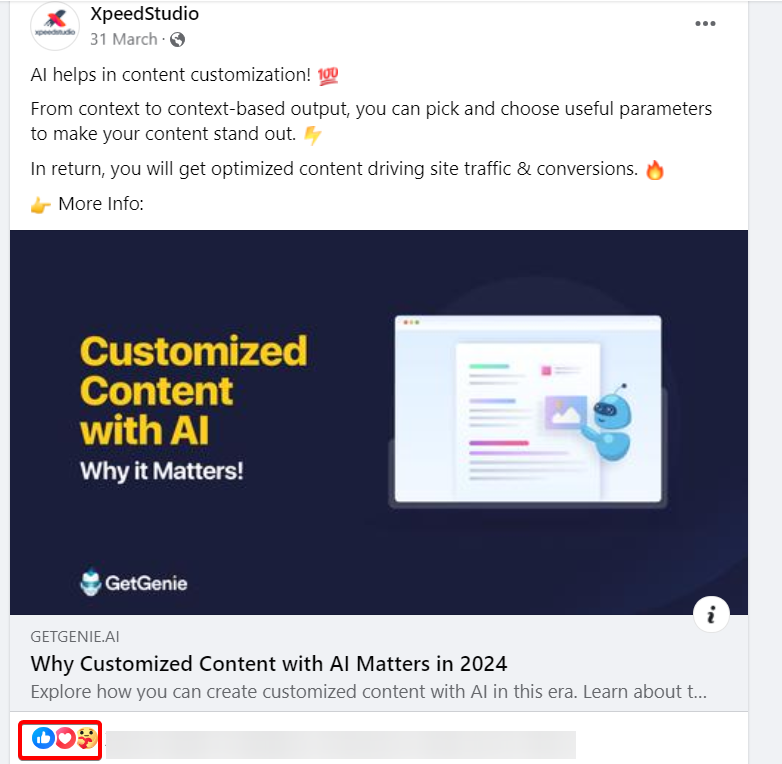What to Do After Keyword Research: Solidifying Your SEO Efforts

Keyword research is one of the earliest steps of on-page SEO efforts. Although keyword research carries a lot of weight in optimizing your content for search engine ranking, it’s not the only factor of content optimization.
Adding the researched keywords throughout your content contextually, writing value-driven content around these keywords, answering users’ questions on the topic, etc. also matter in SEO.
Apart from on-page SEO, you have to apply various off-page & technical SEO efforts to scale up the chances of ranking your webpage or website.
In this write-up, I will dive deep into all these factors and elaborate on them individually as part of the question “What to do after keyword research”.
Table Of Contents
What to Do After Keyword Research
Keyword research in done. In order to nail your SEO attempts, you must know what to do after keyword research. That’s exactly what I will pinpoint in this write-up with convincing examples. Let’s get started…
Keyword & Keyphrase Organization
Once you have a list of keywords, they can’t be implemented as they are. You have to organize them based on various factors, including search volume, keyword difficulty, current trends, etc. I recommend organizing your keywords into lists and grouping them by topic, search intent & query type.
While organizing, you have to keep your website goal in mind too. If it’s only driving traffic, prioritize keywords with high search volume and also low keyword difficulty to rank easily in the SERP.
However, if your goal is to convert visitors, implement keywords relevant to your business goal even if they have low search volume. This way, organic traffic through these filtered keywords may be low but the chances of conversions get high.
Don’t forget to create a keyword map that will let you properly assign keywords & keyphrases to your website’s relevant pages. Keyword mapping will also prevent keyword cannibalization (Targeting the same keyword on different website pages).
Let’s say you have a website and you aim to sell phone accessories through it. For that, first, find out why people buy phone accessories. Based on the reasons, do keyword research and then organize as well as refine your keywords into lists.

GetGenie lets you conduct keyword research in an easy-to-use interface from where you can prioritize and arrange your keywords easily into lists.
Craft Value-driven Content
Keywords alone can’t bring fruits, you need to create value-rich content to yield positive results from your keywords. The first thing you should do to produce high-quality content is incorporate and highlight your brand’s or product’s/service’s USP throughout your content.
Apart from this, consider the following points to upgrade your content for various web pages —
- Leverage catchy headlines that encompass relevant keywords
- Split large blocks of text with subheadings
- Include visuals like images or videos to add charm to your content
- Add valuable information like hands-on experience, realistic data & insights, relevant stats, and more importantly answer questions that your target audience will find useful
- Wrap up with a call to action (CTA) inspiring readers to engage further with your brand
Optimize Your Content for Search Engines
To boost the chances of your content to rank well in search engines, you have to optimize it for your target keywords.
Make sure to incorporate keywords naturally within your content. It means you should not add the keywords forcefully in your content.
For instance, if your focus keyword is “AI Content Marketing Benefits”, add the keyword at the start and finish. But don’t force it inside while mentioning the benefits. If it fits while mentioning certain benefits, it’s okay to add it there.
Add focus keywords in your headlines and subheadings to make readers quickly understand what the article is about.
Don’t forget to tap into related phrases and synonyms of your target keyword throughout the content. This tactic assists in avoiding the repetition of a particular phrase, making it more reader-friendly while also hinting to search engines about what topic or theme an article covers.
Apart from that, apply other on-page optimization dos. Examples of some on-page optimization efforts include adding internal and external links, using header tags properly, and making sure your meta description accurately reflects the content on the page.
Take advantage of GetGenie to get suggestions for internal & external linking, word count, number of headings & subheadings, and so on.

The following tips to use target keywords will also help —
- Leverage variations of your main keyword.
- Avoid overusing or stuffing them into every sentence.
- Be wary of where you place them.
- Make sure each page has a unique focus keyword/target term.
👉 11 tips for optimizing WordPress Website for SEO
Optimize Existing Content
Keyword research isn’t just for creating new content, it’s also for optimizing your existing content. That means you have to update your old blog posts and web pages by incorporating valuable keywords and keyphrases.
Not just the content, integrate the appropriate keywords in high-value SEO spots as well like the meta title, meta description, Heading 1, Alt text, and more.
Optimizing existing content not only enhances the ranking chances of keywords in search engines but also revamps your content, building credibility and authoritativeness.
Updating content regularly also signals to search engines that your site is active and relevant, which is significant for maintaining high search engine rankings.
Make sure to Set up Keyword Tracking
Keeping tabs on your keyword performance is vital. Deploying a rank tracker and keyword tool, you can monitor how your keywords are performing in SERPs.
Setting this up early in your SEO process is salient to collect valuable data before making any changes, as this data will help you get hold of the full effect of your SEO efforts. You can also get guidance on what to improve and optimize further.
Keyword tools you can go for —
- Ahrefs
- SEMRush
- Moz
- Ubersuggest
- Keyword Everywhere
Don’t Forget to Circulate Your Content
After conducting thorough keyword research and creating compelling content, the job isn’t done yet. You have to promote your content too. Here are a few ways you can get your content in front of more eyes —
Make use of social media platforms
Social media can expand the reach of your content multiple times more if done correctly. Share your content on all relevant social media channels, including Facebook, LinkedIn, Twitter, Instagram, and more.

Make sure your sharing time is optimal so that the reach and engagement go high. Utilize hashtags related to your niche or topic to help reach a wider audience.
Approach influencers
Reach out to influencers in your industry or niche who may show eagerness to share or promote your content. Ping them via email or LinkedIn with a personalized message pinpointing why they would find the information valuable for their followers.
Join in Collaboration with other websites/blogs
Collaborating through guest posts is a fantastic way to maximize the reach of your content. Hunt for opportunities to publish guest posts on sites that have similar audiences as yours. This helps establish credibility and brings new readers back to your site.
Make Your Content Work with the Above-mentioned Steps
Keyword research is one of the primary steps of content marketing alongside understanding the target audience. It plays a vital role in ranking content and bringing traffic, conversions, and sales from your content.
But keyword research alone is like identifying customers’ pain points only and not taking any action to resolve them.
By incorporating proper keywords into well-crafted content, you create the scope of reaching your target audience, answering their queries, fixing their pain points, and satisfying them holistically. This will also ensure your business soars.

